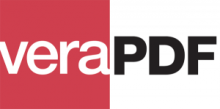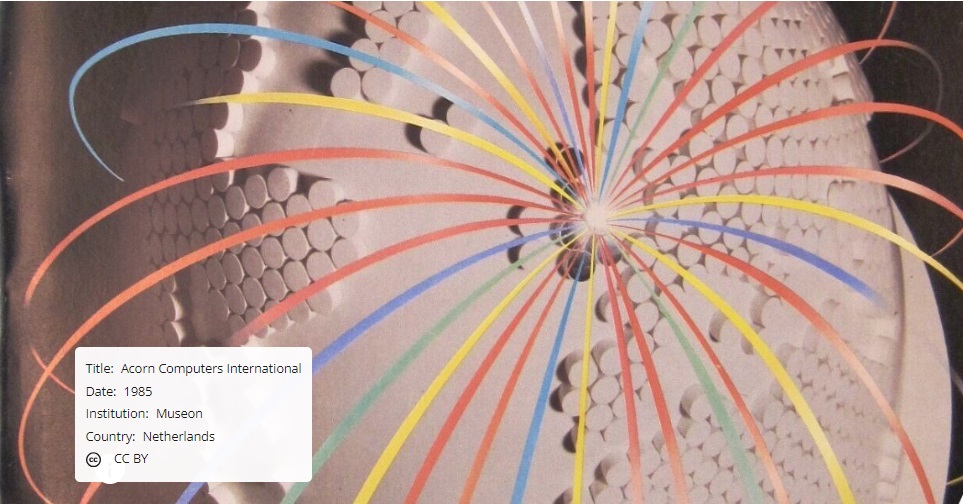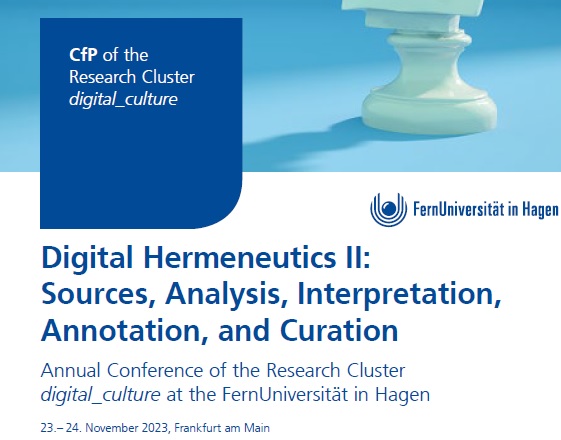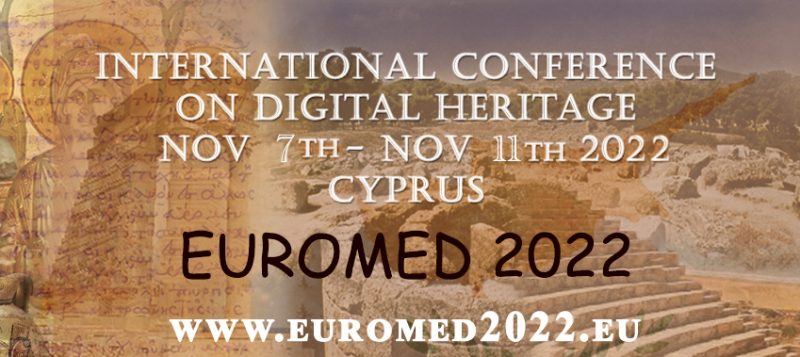 The latest release of veraPDF is available to download. The validation logic and test corpus of veraPDF 1.6 have been updated to comply with the resolutions of the PDF Association’s PDF Validation Technical Working Group (TWG). The TWG brings together PDF technology experts to analyse PDF validation issues in a transparent way. It also connects veraPDF to the ISO committee responsible for PDF/A.
The latest release of veraPDF is available to download. The validation logic and test corpus of veraPDF 1.6 have been updated to comply with the resolutions of the PDF Association’s PDF Validation Technical Working Group (TWG). The TWG brings together PDF technology experts to analyse PDF validation issues in a transparent way. It also connects veraPDF to the ISO committee responsible for PDF/A.
The GUI and command line applications feature a new update checker which lets you know if you are running the latest version of the software. If you’re using the GUI application select “Help->Check for updates”, command line users type “verapdf –version -v” to ensure you have the latest features and fixes.
Other fixes and improvements are documented in the release notes: https://github.com/veraPDF/veraPDF-library/releases/latest
Download veraPDF
http://www.preforma-project.eu/verapdf-download.html
Help improve veraPDF
Testing and user feedback is key to improving the software. Please download and use the latest release. If you experience problems, or wish to suggest improvements, please add them to the project’s GitHub issue tracker: https://github.com/veraPDF/veraPDF-library/issues or contact us through our mailing list: http://lists.verapdf.org/listinfo/users.
User guides and documentation are published at: http://docs.verapdf.org/.
PREFORMA International Conference – Shaping our future memory standards
To find out more about veraPDF and the PREFORMA project, join us at the PREFORMA International Conference in Tallinn on 11-12 October 2017. For more information see: http://finalconference.preforma-project.eu/.
About
The veraPDF consortium (http://verapdf.org/) is funded by the PREFORMA project (http://www.preforma-project.eu/). PREFORMA (PREservation FORMAts for culture information/e-archives) is a Pre-Commercial Procurement (PCP) project co-funded by the European Commission under its FP7-ICT Programme. The project’s main aim is to address the challenge of implementing standardised file formats for preserving digital objects in the long term, giving memory institutions full control over the acceptance and management of preservation files into digital repositories.





















